Resources and Guidance for
Policymakers

We help policy and decision makers tackle complex problems in their countries and organizations. The IHRA’s experts develop practical tools that serve as starting points for action.
Discover all the resources, guidance and other tools we have produced for policymakers.
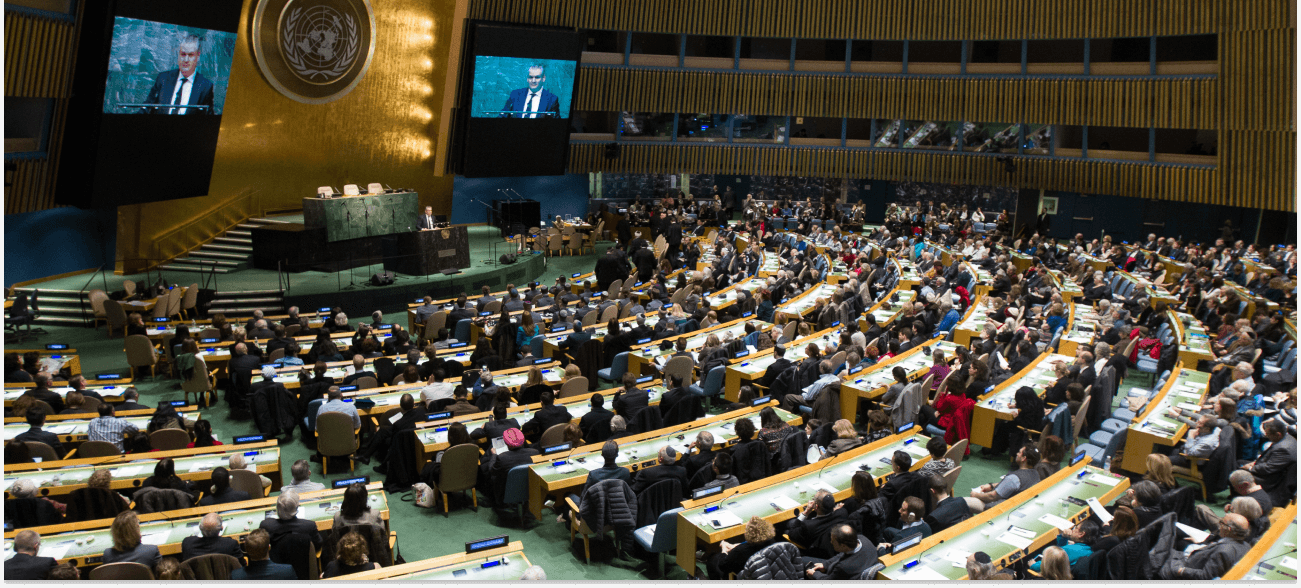
Policy based on evidence and research has the greatest impact. We bridge the gap between policymakers and experts, empowering key decision makers to build a world that remembers the Holocaust, a world without genocide.

Holocaust distortion doesn’t stop at national borders, nor is it found only in one language. International cooperation is essential to countering it.
The Protect the Facts campaign is an IHRA joint initiative with the European Commission, the OSCE Office for Democratic Institutions and Human Rights (ODIHR), the United Nations, and UNESCO.
The campaign aims to raise awareness of Holocaust distortion – both how to recognize it and how to counter it.
Our resources are always the result of interdisciplinary work by international expert teams. Explore our recently published guidance below.



The IHRA-UNESCO capacity building training program provides a comprehensive platform of practical tools, examples and resources to learn about and prevent Holocaust distortion.


Illustrating good practices in the application of the IHRA working definition of antisemitism.
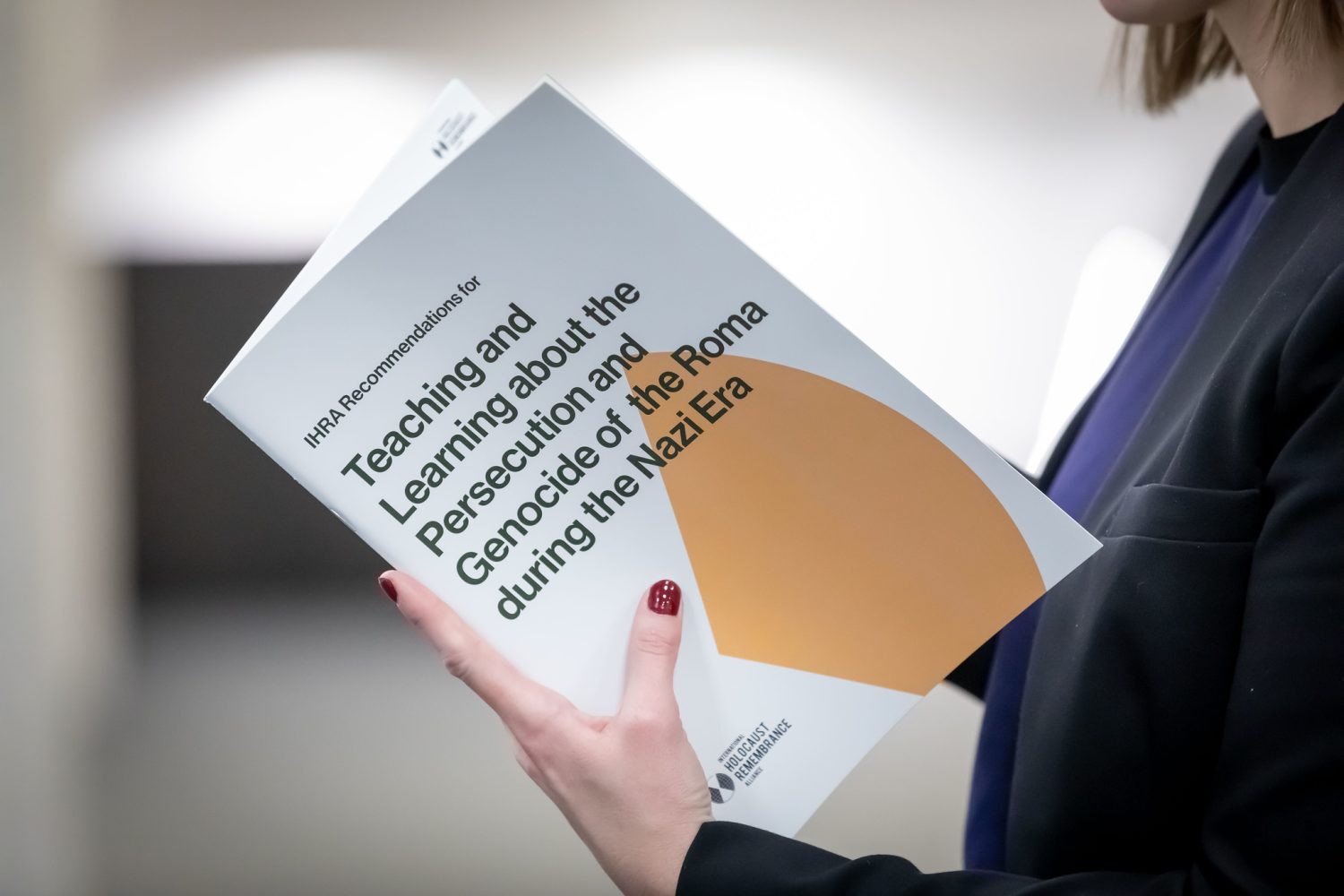


Discover the IHRA’s Recommendations, a comprehensive guide designed to help policymakers and educators include the genocide of the Roma in teaching programs. This resource offers practical tools, historical context, and pedagogical guidance to foster critical thinking and awareness about this neglected history.


Helping combat antisemitism in and through sport.
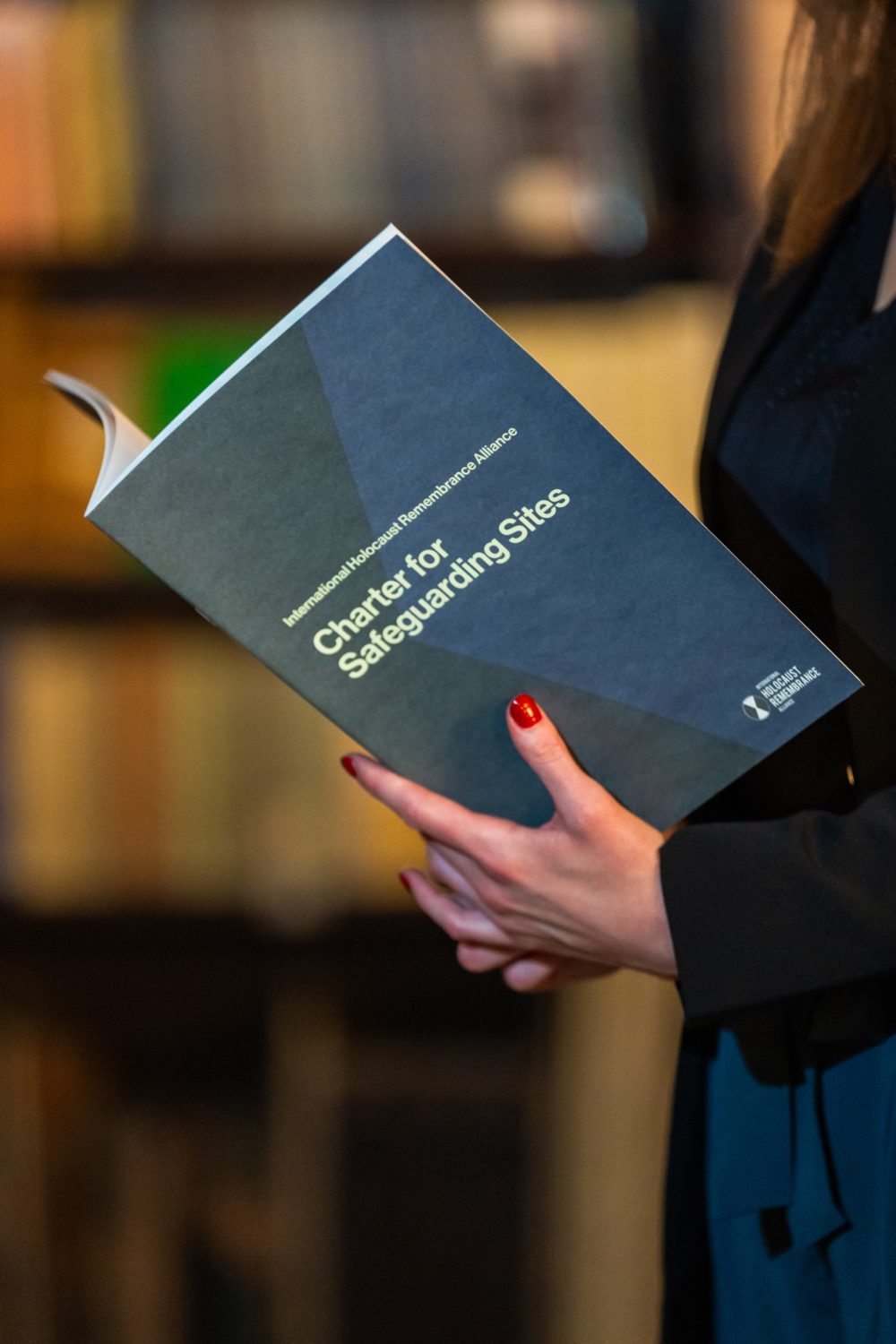


Learn about the risks facing Holocaust-related sites and what you can do to mitigate them.


These FAQs help advance open access to Holocaust documentation as it relates to the GDPR.
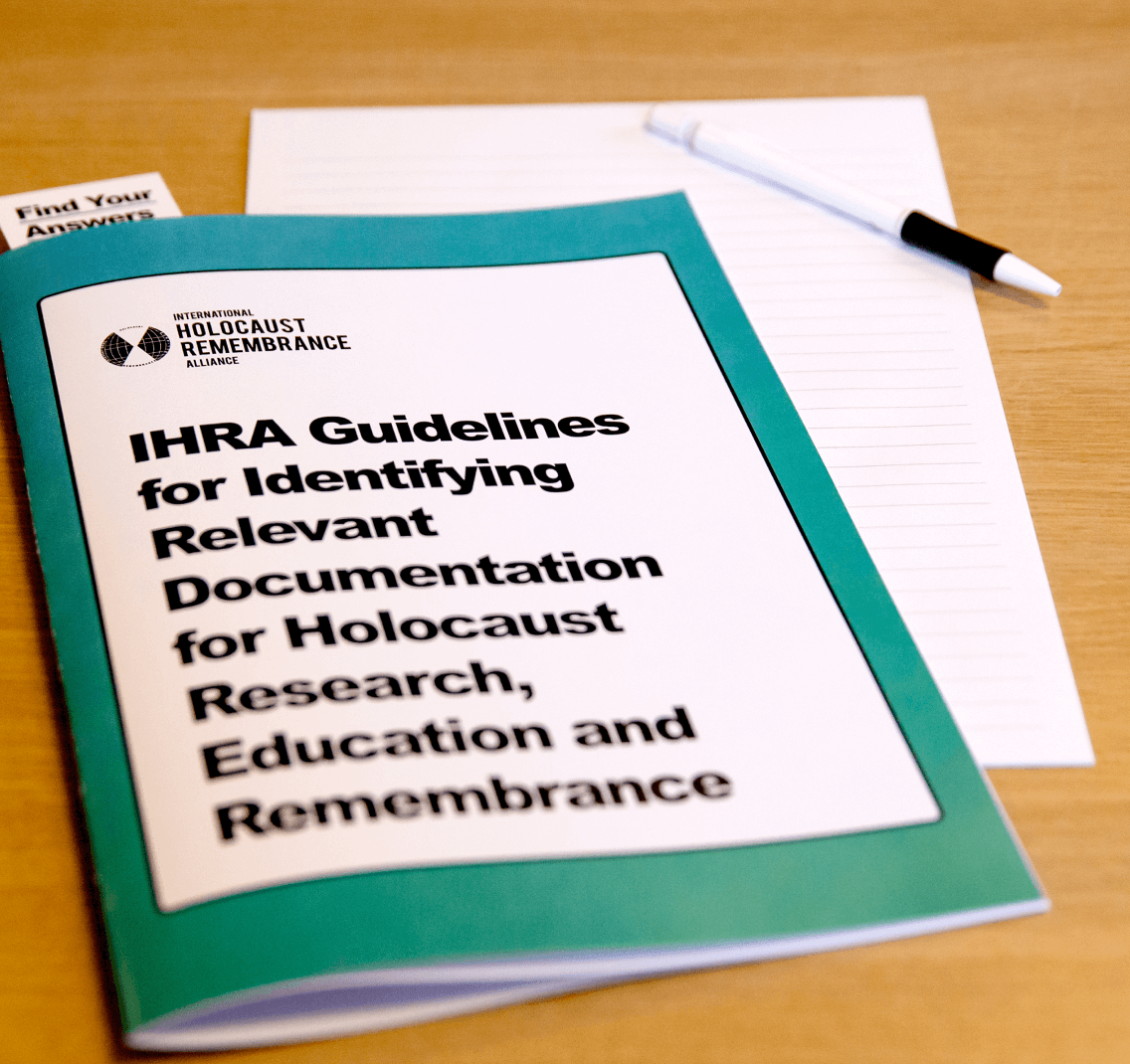


These guidelines offer a single tool for identifying relevant documentation for Holocaust research, remembrance and education.



Take steps towards recognizing and countering Holocaust distortion with the practical tools, guidance, and example activities included in this online Toolkit.
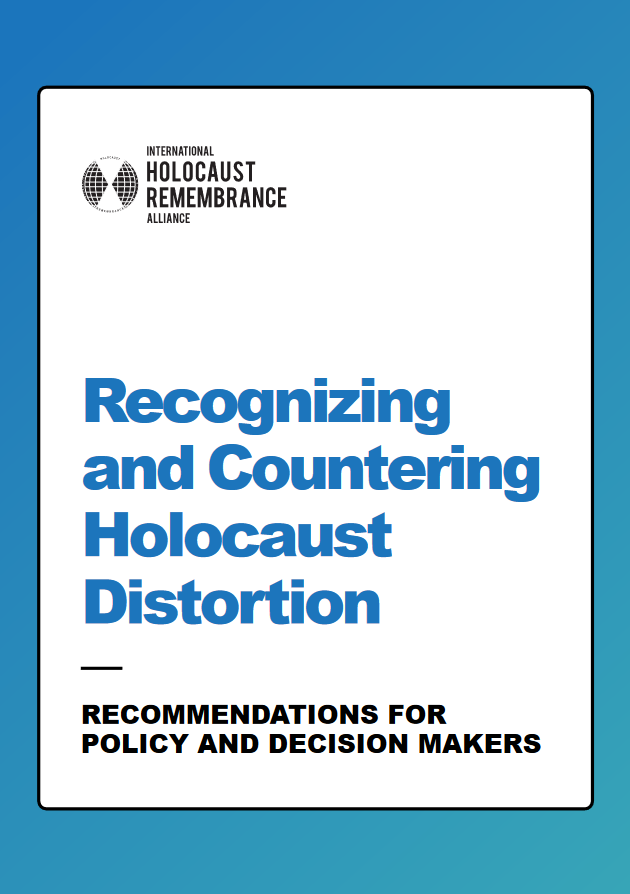


The first comprehensive guide on combating Holocaust distortion.



Read the full text of the IHRA’s non-legally binding working definition of antigypsyism/anti-Roma discrimination and learn more about this important tool with the FAQs.
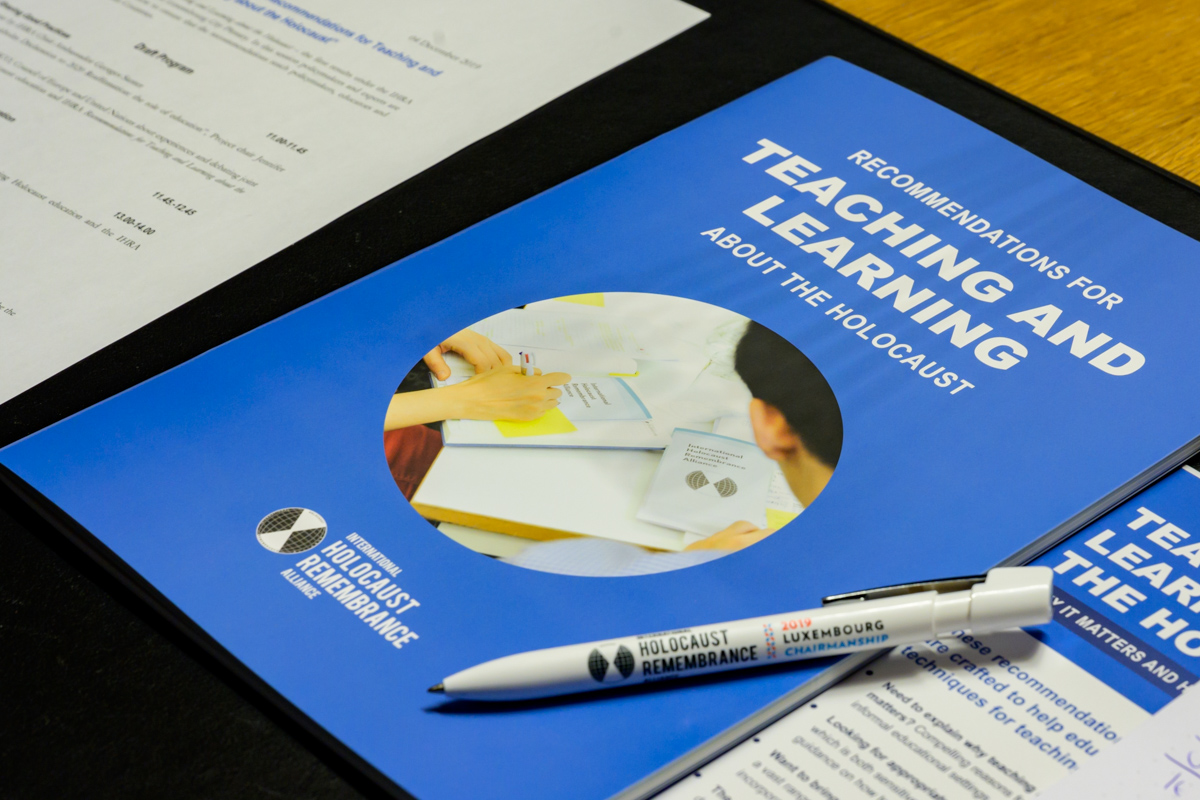


These recommendations were crafted to help curriculum developers and educators teach about the complex and nuanced history of the Holocaust.
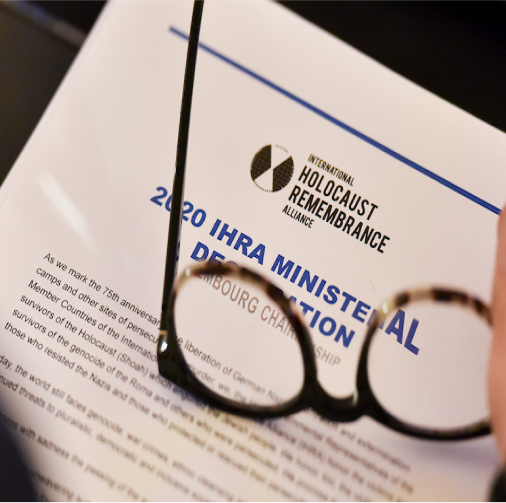


These 14 measures underpin the ultimate objective of the IHRA: to ensure the world remembers the Holocaust and works toward a world without genocide.



Read the full text of the IHRA’s non-legally binding working definition of antisemitism and learn more about this important tool with related resources and FAQs.



Read the full text of the IHRA’s non-legally binding working definition of Holocaust denial and distortion and learn more about this important tool with the FAQs.



The International Memorial Museums Charter provides memorial museums with internationally agreed-upon principles and ethics for commemorating the victims of the Holocaust.



The founding document of the International Holocaust Remembrance Alliance, the Stockholm Declaration outlines the principles that guide the organization and its Member Countries.

Focus area:
We are leading global efforts to tackle the growing threat of Holocaust denial and distortion.
Find out more
The work that we do as an organization includes our own projects, campaigns, statements, and policy recommendations and other tools.

The IHRA has 35 Member Countries and 8 Observer Countries, working together to address Holocaust-related issues.

We partner with nine other organizations, who are active supporters of the work we do.
By signing up to the IHRA newsletter, you agree to our Privacy Policy
